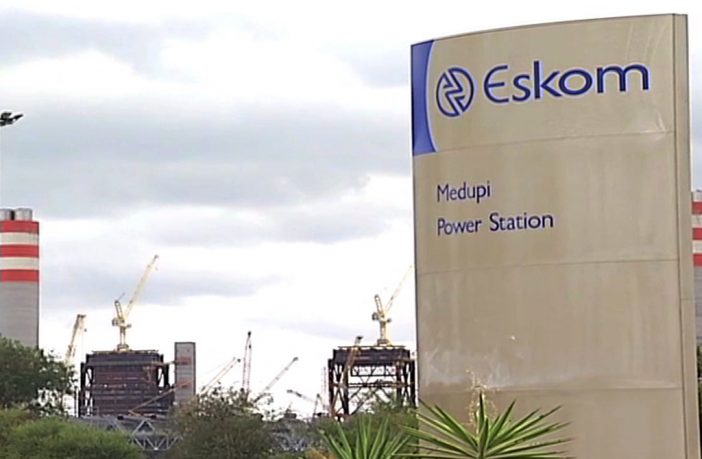While maintenance projects may strain the supply of electricity and raise the risk of loadshedding, Eskom is committed to its maintenance schedule, the utility said during a Systems Status Briefing.
The utility pronounced the transmission and distribution sides of the electricity business have suffered no major incidents over the past few months, but the generation side “remains unsatisfactory”.
Eskom has not faced a bout of loadshedding since 19 November 2021, but the seemingly quiet summer so far has belied the fact that last year was a low point record for the utility since the scheduled blackouts started back in 2013.
Eskom Chief Operation Officer Jan Oberholzer said the availability of the coal-fired power stations due to plant unreliability and unpredictability contributing to breakdowns continues to be the biggest challenge for their generation division. “The year-to-date Energy Availability Factor (EAF) of 62.9% is not ideal.”
“It is worth noting, however, that a key contributor to the low EAF were high levels of planned maintenance over the summer months, which rose to more than 12% of the generation capacity during the traditionally low demand festive season. This aggressive focus on the Reliability Maintenance Recovery (RMR) Programme and the Generation Recovery Programme, will over time enable Eskom to improve the generation coal fleet performance,” said Oberholzer.
Planned maintenance constraining Eskom system
Taking Koeberg Unit 1 offline for close to five months will constrain electricity capacity availability by 929MW, as will the unavailability of Medupi Unit 4 which takes 720MW out of the equation.
Group Executive for Transmission, Segomoco Scheppers, reinforced the importance of the maintenance message when speaking about the system’s outlook for the rest of the summer. “The drive to implement reliability maintenance is underway and it is an ongoing effort,” he said adding that the utility had alerted the public to expect an elevated risk of loadshedding.
All the Eskom executives stressed in their presentations that a structural shortfall in generation capacity of between 4,000MW and 6,000MW needs to be addressed. They were at pains to point out that procurement of new generation was the responsibility of the Department of Mineral Resources and Energy.
Group Executive for Generation Phillip Dukashe said the utility was about to conclude its investigation into the explosion in August 2021 at Unit 4 of the Medupi Power Station.
“As Eskom had found in its preliminary investigation, the unfortunate incident was caused by a hydrogen explosion resulting from mixing of hydrogen and air during the purging process,” said Dukashe who chalked the incident up to “procedural non-compliance and management failures.”
Initial estimates put the cost of repair at R2.5billion and the incident will now be used as a case study to improve internal processes. All indications are the unit will return to operation by August 2024.
Dukashe said work to address the design defects of Medupi and Kusile power stations is progressing well. Boiler plant modifications have been implemented on all six units at Medupi, except on a few specific components on Unit 6. Boiler plant modification outage is currently underway at Kusile Unit 2 following successful completion on Unit 1 during November. Unit 2 is expected to return to service in February 2022.
“Since the implementation of the solutions on Medupi Unit 3, which was used as a pilot, the unit has been running at an average of 93% EAF for eight weeks from inspection outage in November 2021, an indication that the interventions have begun yielding the desired outcomes,” said Dukashe.
He pointed out that a plan plotted out in 2013 to address control and instrumentation refurbishment between 2017 and 2021 has been taken out of mothball and finally addressed. Not doing this update has been creating increased tripping of units across several power stations, possible plant damage and the risk of longer shutdown. But, the refurbishment at Duvha Power Station has started and will soon start at the rest of the at-risk plants. This particular control and instrumentation refurbishment should be finished by 2026
Author: Theresa Smith

Theresa Smith is a conference producer for Vuka Group.
This article was originally published on ESI Africa and is republished with permission with minor editorial changes.
The South African Energy will be a hot topic at Enlit Africa 2022. Meet and netwrok with Eskom officials directly at the event.













